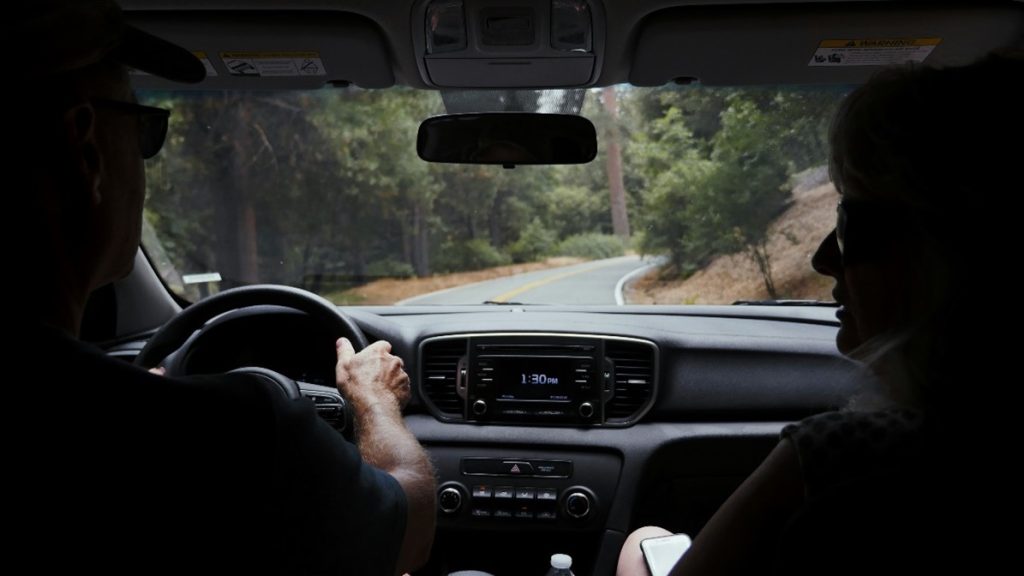Whilst it can be tempting to charge when you pick up your friends and family, doing so may land you with a staggering £2,500 fine.
Charging passengers could see motorists accused of being an unlicensed taxi which comes with a variety of serious consequences from fines to vehicle seizing.
Specialist taxi insurance broker ChoiceQuote, a Gallagher company, has advised on why it is best to not act as a taxi service for friends and family in this way.
When it comes to offering to give your loved ones a lift there is a fine line between what is legal and what could land you with hefty fines. It is perfectly legal to drive your friends and family around for free however, asking for money in exchange for a lift may be considered as ‘taxi touting’.
According to the Criminal Justice and Public Order Act 1994, offering lifts for money in an unlicensed vehicle can be known as ‘taxi touting’ which is illegal. If a driver is found guilty, it could land them with a £2,500 fine [1]. Not only that, but if drivers are found guilty to acting as an unlicenced taxi, their vehicle may also be seized.
Derek Henry, Managing Director, at specialist taxi insurance broker ChoiceQuote comments:
“Whilst it may seem like a simple act of generosity to offer lifts to your friends and family, drivers need to be aware of the legal ramifications that may come with it.
It is not uncommon for drivers to ask for some cash towards petrol costs when taking friends and family on a long trip. While it may not be illegal to take payment for fuel costs when taxiing your friends and family, making a profit from this could land drivers in hefty fine and invalidating their insurance. This is due to most providers not covering those who are illegally making a profit. To make a profit from giving lifts, road users must have a valid taxi or private hire licence.
It is advised to refrain from taking any form of payment from loved ones when offering them a lift to ensure that no laws are broken. Drivers are therefore advised that if they choose to offer a lift to loved ones, another form of repayment for doing so would be to take it in turns being designated driver.”



